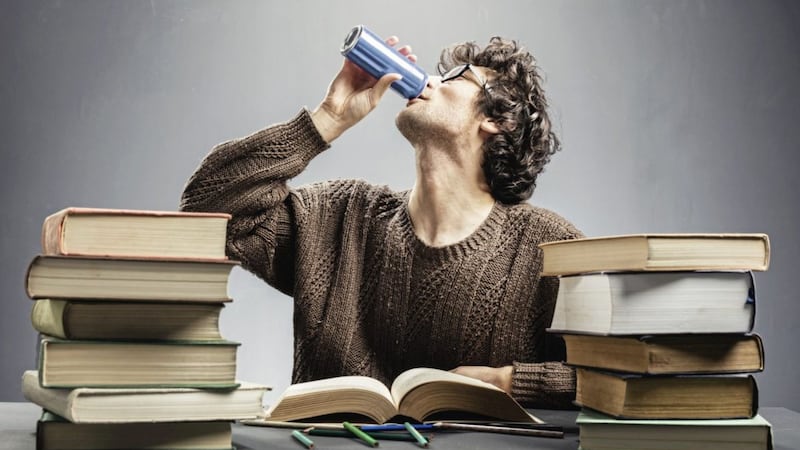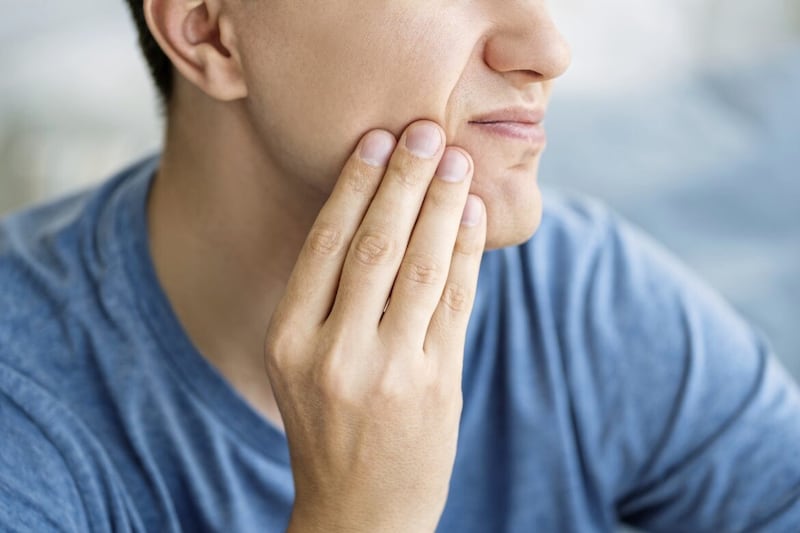THE British Dental Association (BDA) is lending its support to a campaign to ban the sale of energy drinks to under-16s. The association has joined by MPs, teachers and celebrity campaigners including Jamie Oliver in pressing the British government to take action, urging it to "make sugar the new tobacco".
With slick advertising the belief that we need “energy” boosts to get through the day has become stuck in our consciousness.
So do energy drinks actually even work and, more importantly, do we even need our energy boosting in this way? As it turns out, most of that "energy" comes from two main ingredients: sugar and caffeine.
Although the manufacturers claim that energy drinks can improve your endurance and performance, many health experts disagree. Any boost you get from drinking them, they say, is solely from the sugar and caffeine.
Most energy drinks contain large amounts of caffeine, which do provide a temporary energy boost. However, prolonged exposure to too much caffeine has the ability to lead to nervousness, irritability, insomnia, rapid heartbeat and increased blood pressure.
I hope we wouldn’t dream of putting 20 teaspoons of sugar in a cup of coffee and drinking it but this is exactly what you’re taking into your body when you drink an energy drink.
The sugar hits the bloodstream quickly, giving you the super-fast rush which is also super short-lived. In the long run, having too many energy drinks can actually cause weight gain. In the short term, you are faced with the infamous energy-drink crash. Either way, you're left lethargic and still looking for a lift.
So as parents we understand the damage of energy drinks but it's convincing your teen to make healthy choices when they’re on their own in the shop that’s the hard part. Perhaps a demonstration of putting 20 teaspoons of sugar in a coffee and asking them to drink it may start to get the message across. Many big retailers have begun a voluntary ID scheme but under-16s can still buy drinks at smaller convenience stores.
Highlighting the impact of energy drinks on children's teeth, BDA chairman Mick Armstrong said: "Tooth decay remains the number one reason for hospital admissions among children and young people. Ministers like to talk about prevention. They can prove it by calling time on the sale of energy drinks to kids."








